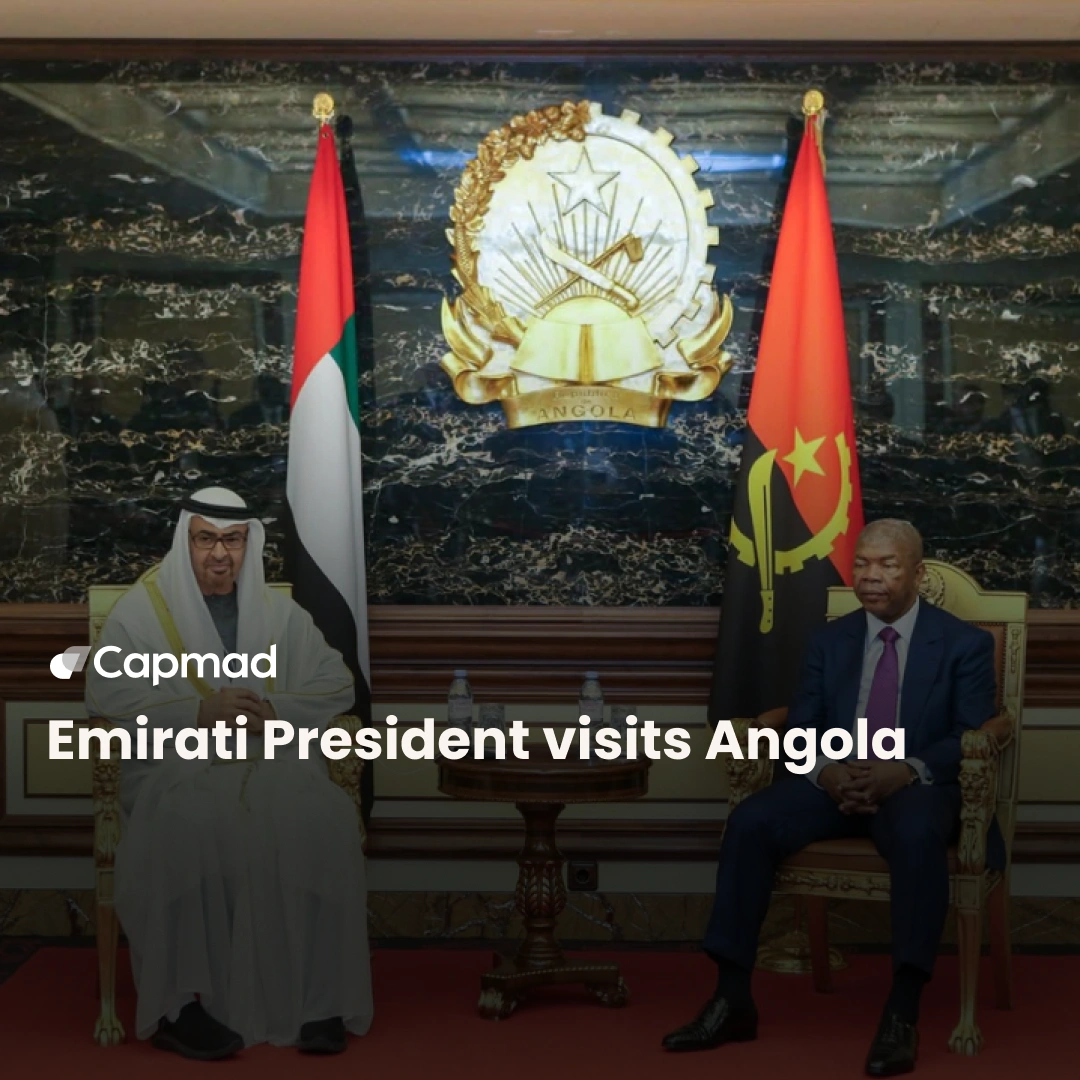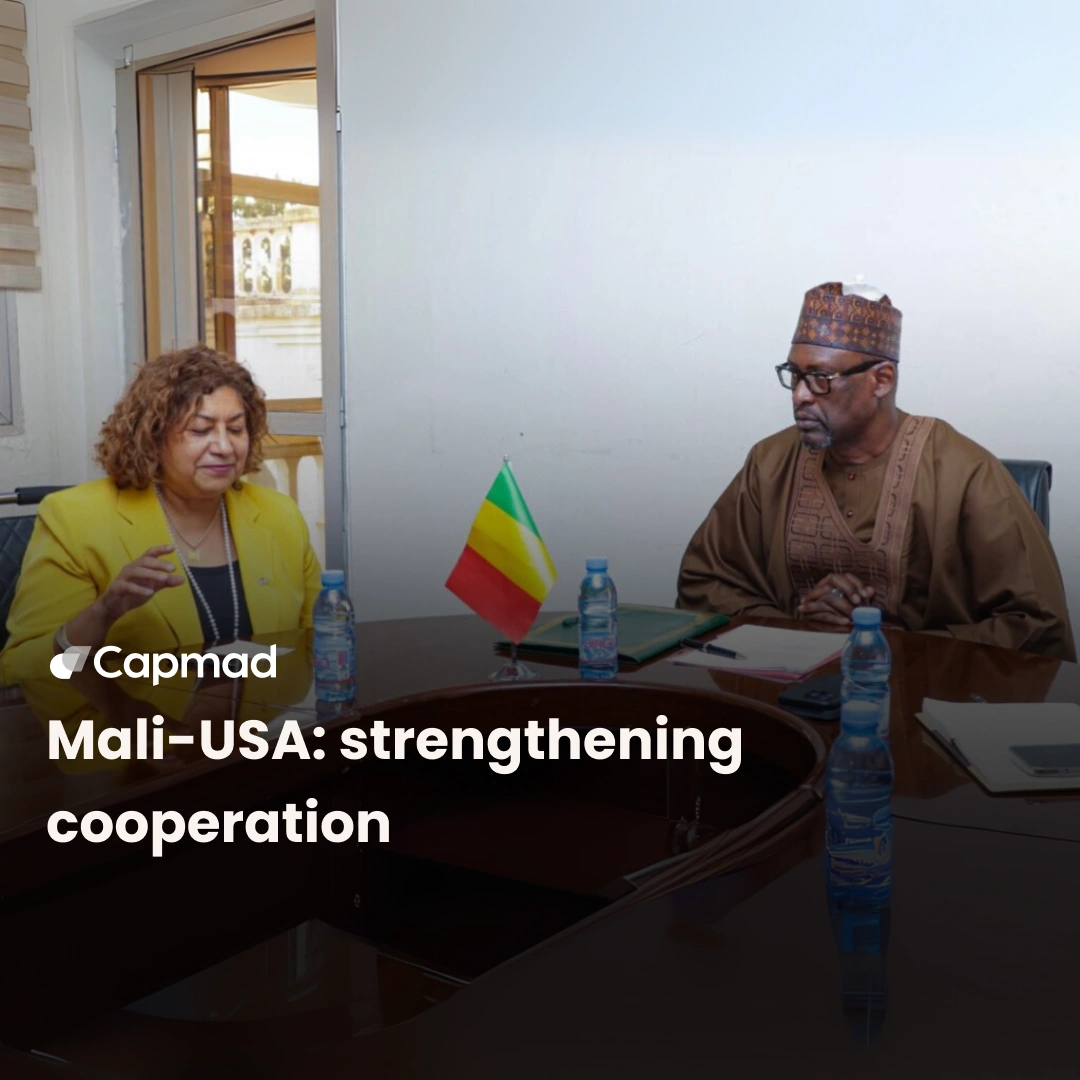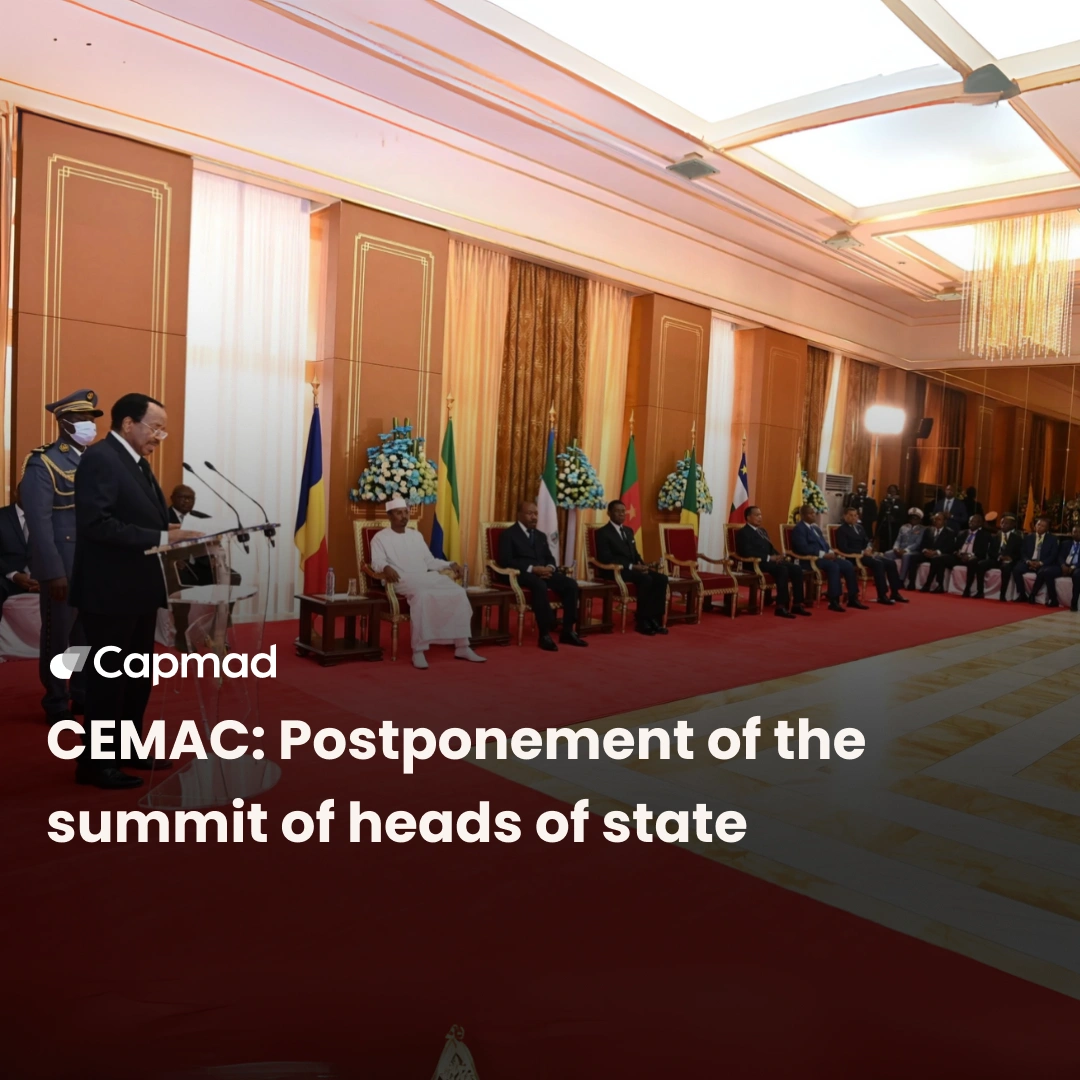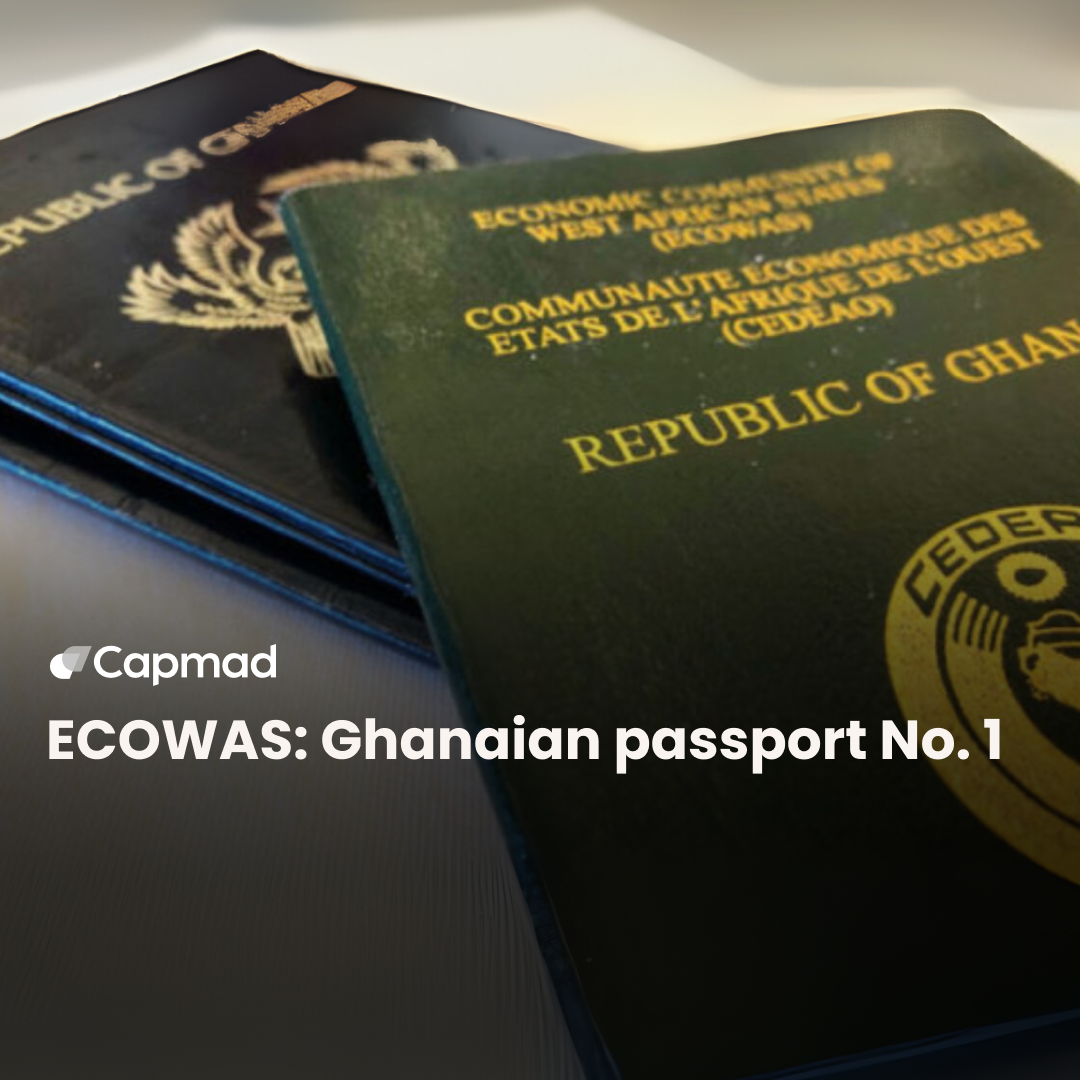The 17th BRICS Summit was held on July 6 and 7, 2025, in Rio de Janeiro, Brazil, under the rotating presidency of the country. This major gathering of large emerging economies takes place in a global context marked by growing tensions and economic fragmentation, where the BRICS seek to play a stabilizing role and promote a more just and inclusive world order.
A Central Theme: Strengthening Global South Cooperation
The summit’s theme, “Strengthening Global South Cooperation for More Inclusive and Sustainable Governance,” reflects the BRICS’ desire to amplify the voices of countries long marginalized in international forums. The group, now expanded to nine members, including Indonesia, which joined in January 2025, represents over half of the world’s population, nearly 30% of global GDP, and over 50% of global economic growth. This expansion signifies a historic shift in power for the Global South, moving from a peripheral status to a central one in global governance.
A Platform for More Balanced and Representative Multilateralism
The BRICS advocate for truly inclusive multilateralism, based on mutual respect, sovereign equality, and practical cooperation. They reject the formation of exclusive blocs and push for a profound reform of international institutions, particularly the UN, with better integration of emerging countries into the Security Council, as well as the strengthening of the multilateral trading system led by the World Trade Organization (WTO).
The summit also highlighted the importance of increased representation for Africa, with three member countries (South Africa, Egypt, Ethiopia) and the participation of the African Union in the G20, thus emphasizing a desire to include more African countries in global decisions.
Strategic Priorities for a Changing World
Under the Brazilian presidency, six priorities were highlighted: global health cooperation, trade and investment, finance, climate change combat, artificial intelligence governance, and peace and security restoration. These axes reflect a common ambition to address current global challenges while promoting inclusive and sustainable development.
A Collective Voice for Equity and International Justice
Beyond economic issues, the BRICS position themselves as a collective voice for justice and equity in global governance. They seek to strengthen political coordination within forums such as the United Nations and the G20, in order to increase the influence of developing countries in shaping international rules. This positioning aims to challenge Western hegemony and promote a multipolar world order that is more just and predictable.
Challenges and Prospects of an Expanding Bloc
The rapid expansion of the BRICS to nine members nevertheless poses challenges, particularly in terms of the consistency of positions in the face of sometimes divergent interests. Despite this, members affirm their unity and friendship in the name of a more inclusive world and shared development. The Rio summit was thus an opportunity to consolidate this alliance and advance concrete initiatives, particularly in the areas of infrastructure, technology transfer, and financial integration, which are essential for developing countries.






